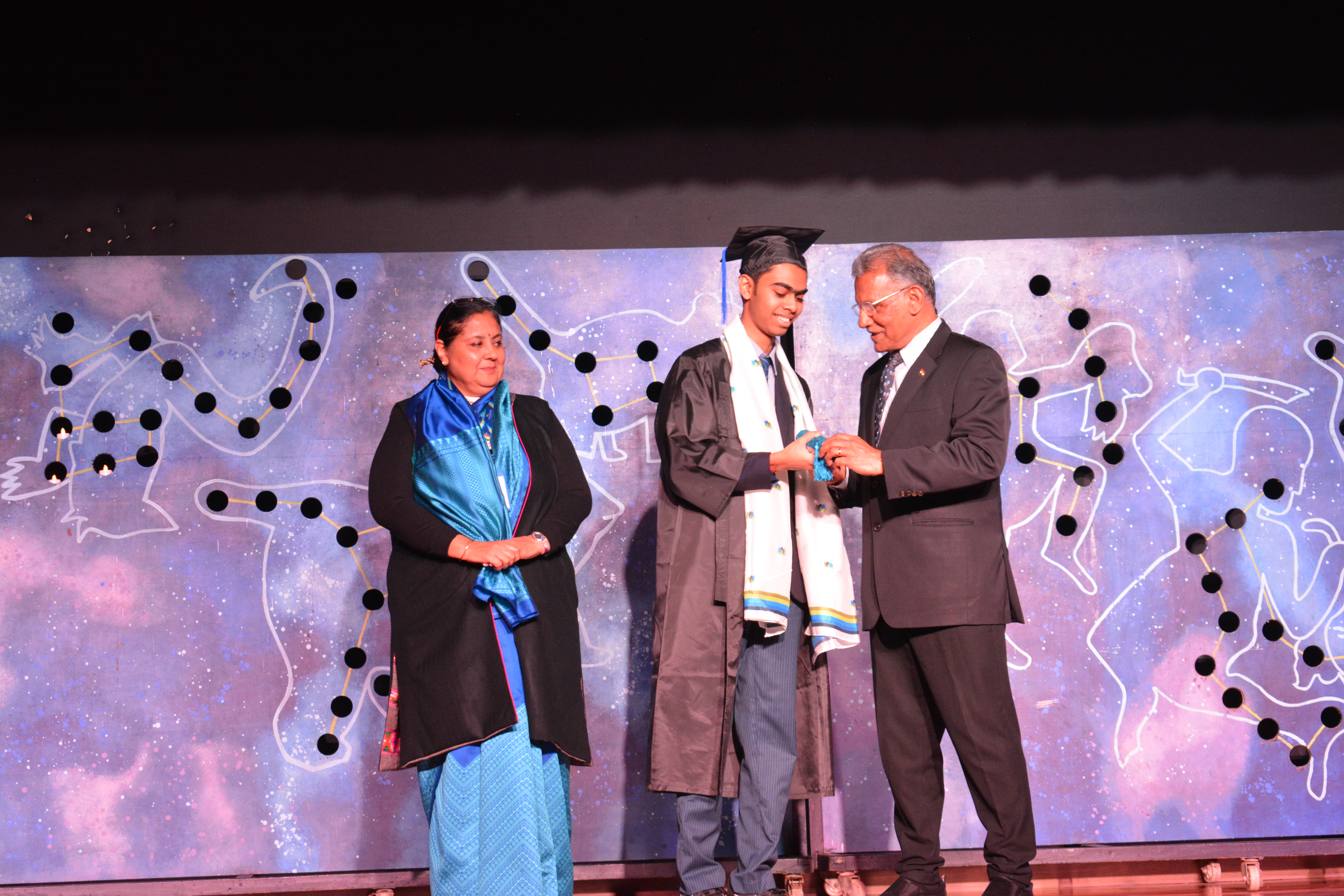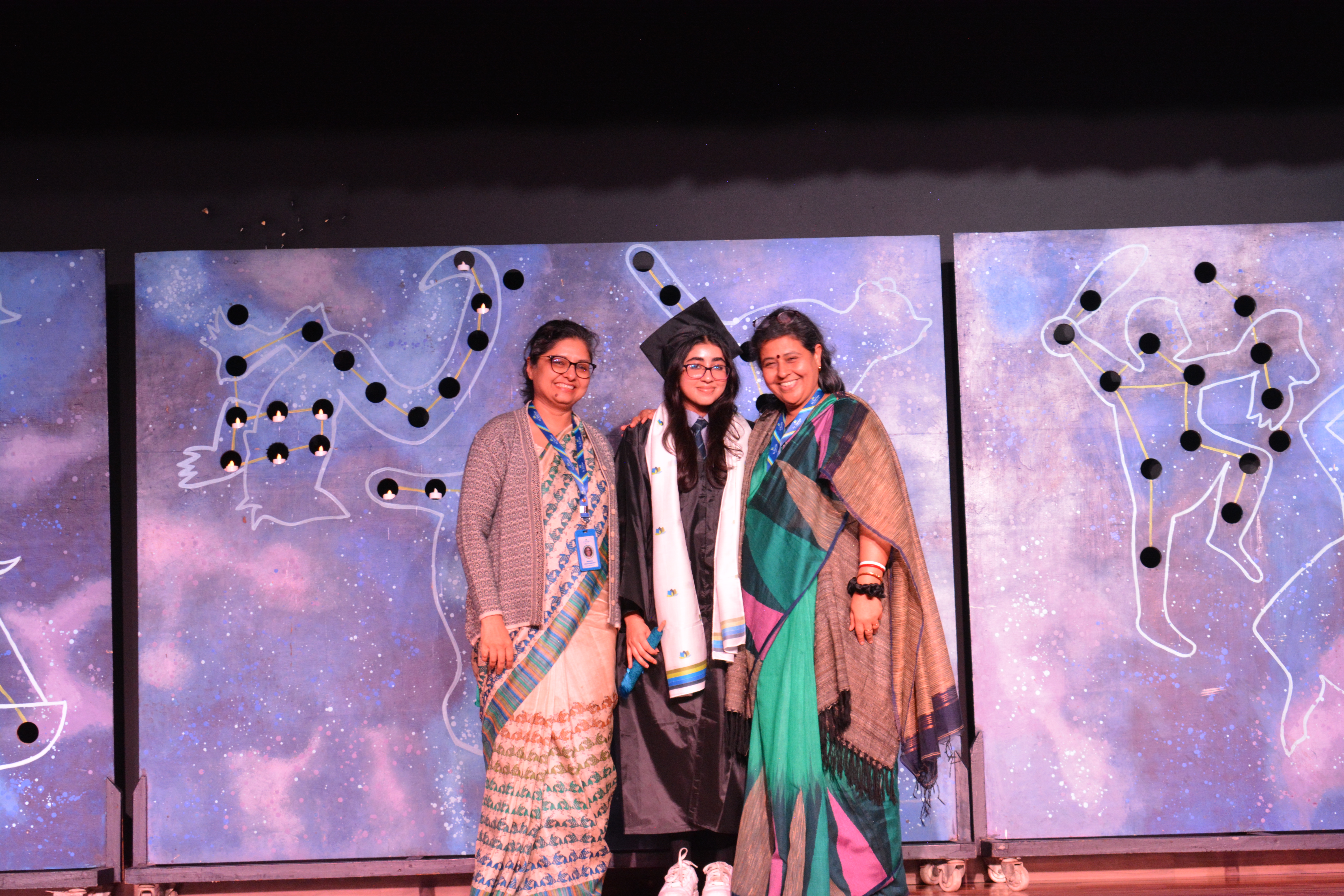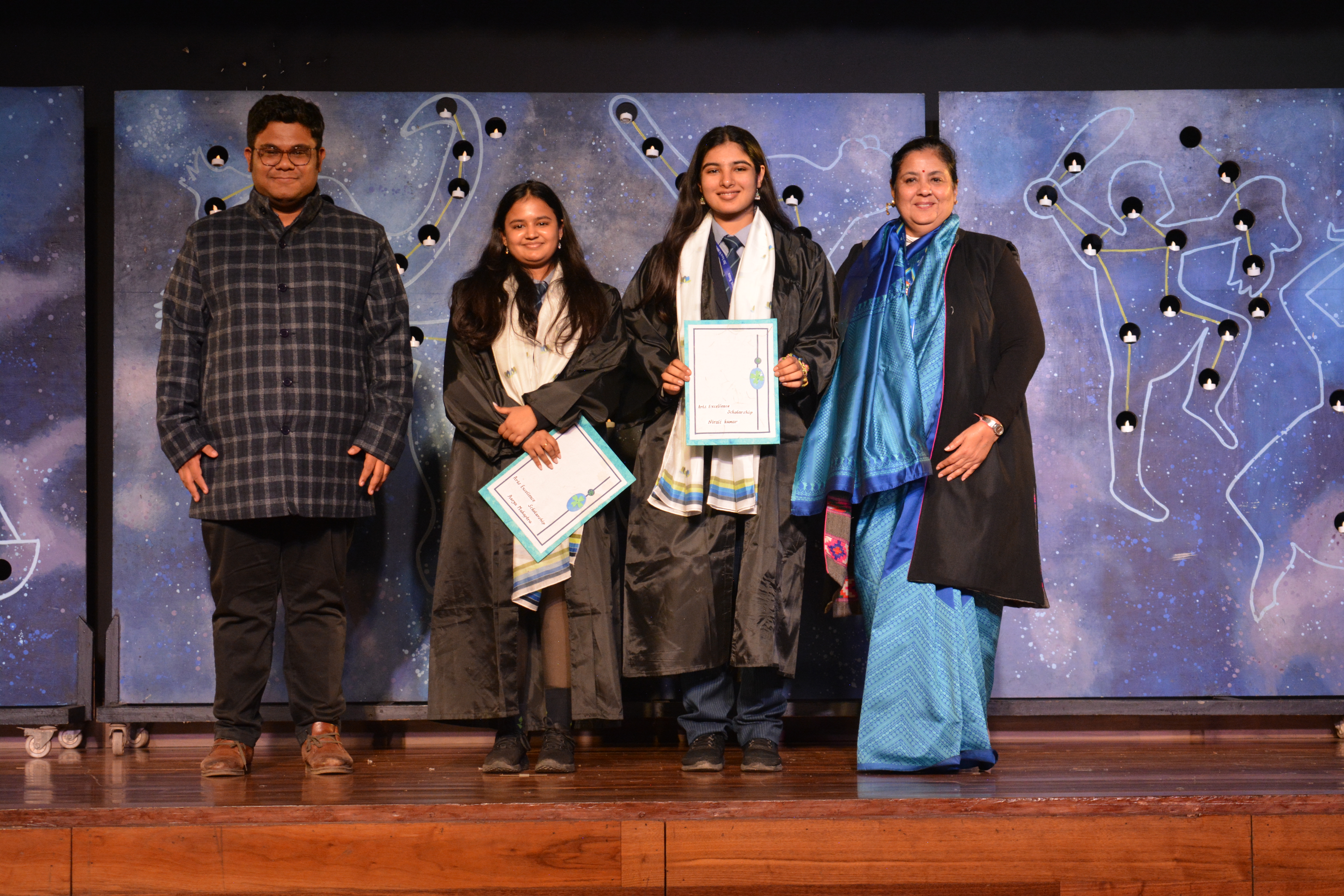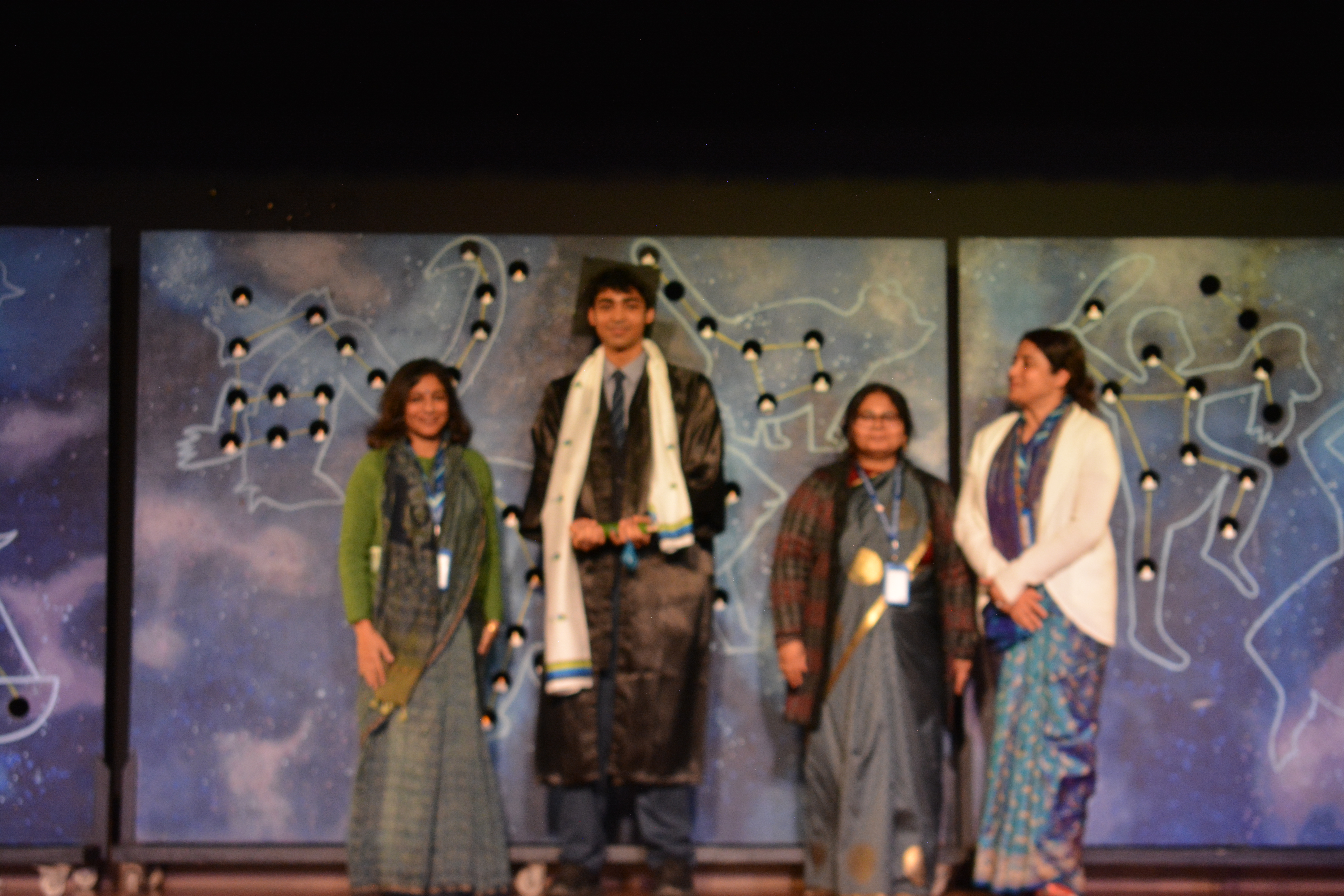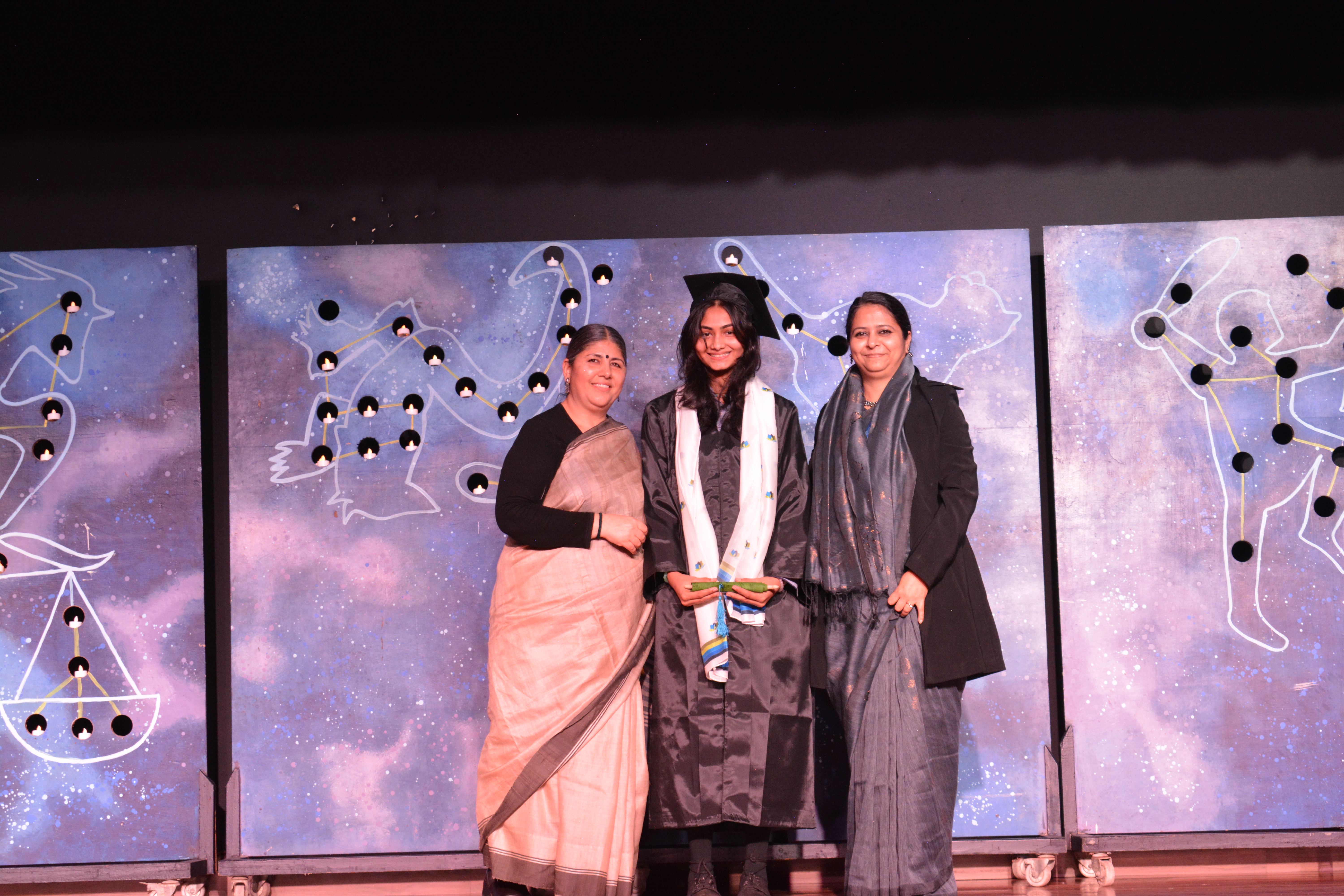Discover Sns
Citation Ceremony AY 2023-24
At the heart of Shiv Nadar School's (Noida) Year 12 citation ceremony was a fusion of tradition and jubilation. Amidst personalized citations honouring each student's unique path and contributions, valedictorian speeches echoed sentiments of gratitude and aspiration. Musical performances by the students choir, which added a vibrant layer of joy and inspiration, culminating in heartfelt farewells and shared memories. It was a testament to our school's spirit and the promise of new beginnings for our graduates, guided by the exemplary school leadership.


